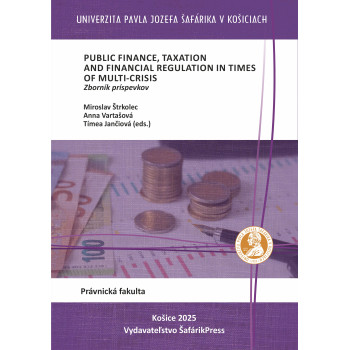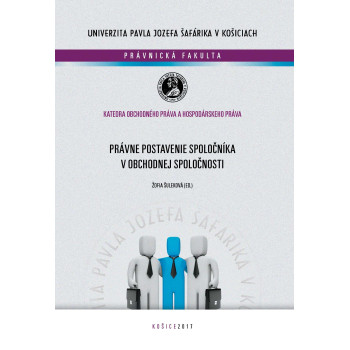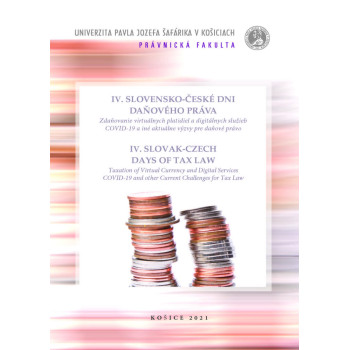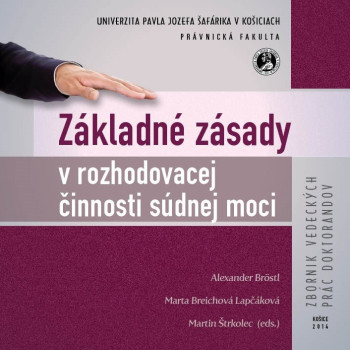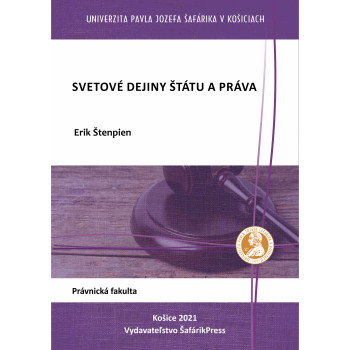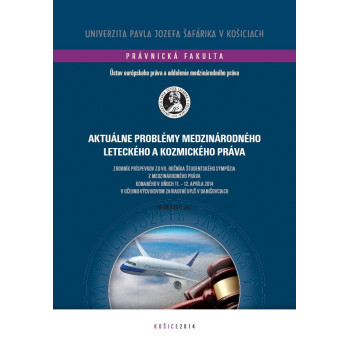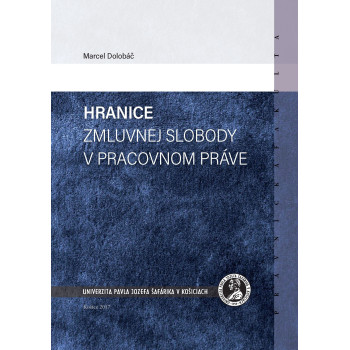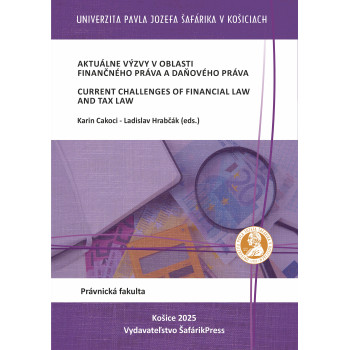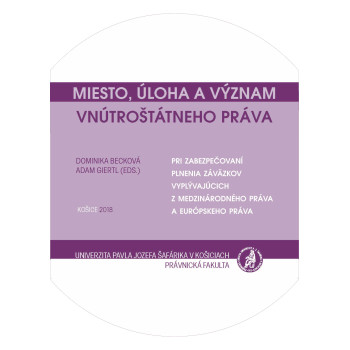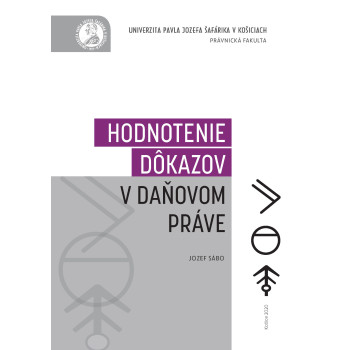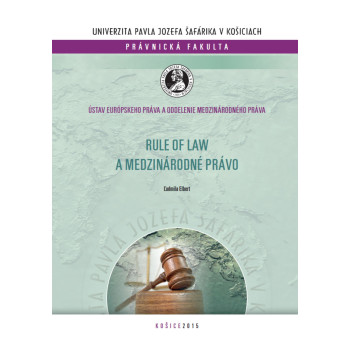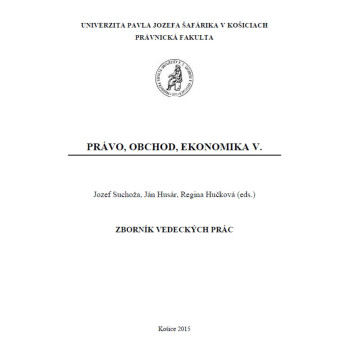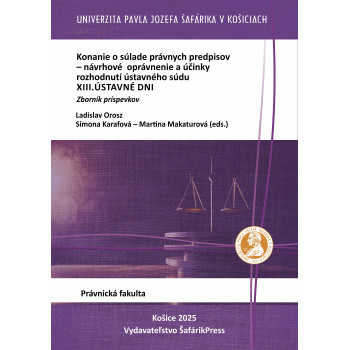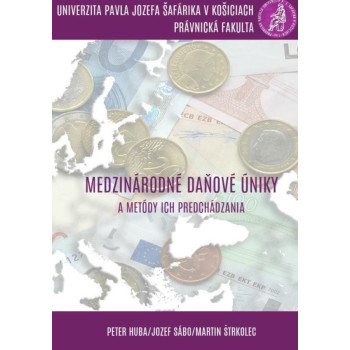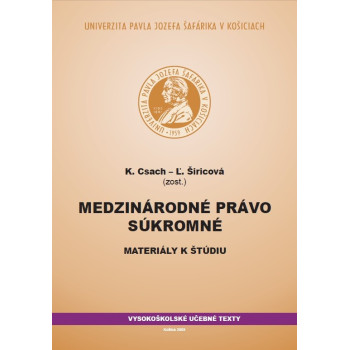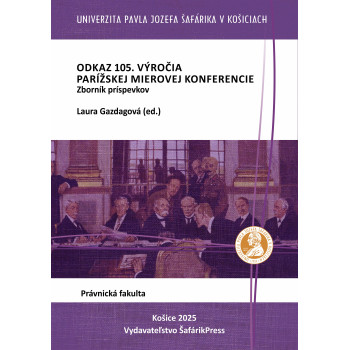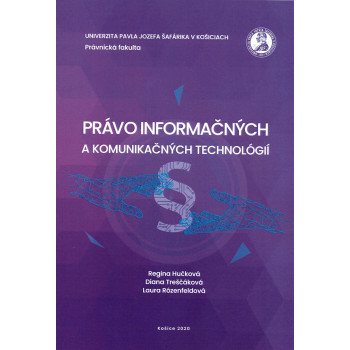
Public Finance, Taxation and Financial...
E-book
Miroslav Štrkolec Anna Vartašová Tímea Jančiová
This proceedings of scientific papers presents papers from the international scientific conference of the same name, which took place from 24 to 26 September 2025 at the UPJŠ in Košice and was supported by the projects APVV-23-0158 "Reform of the Customs Union in the Era of Electronic Commerce in the Slovak Republic" and VEGA 1/0698/25 "Development Fee as a Tool for the Development of Municipalities and Cities in the Slovak Republic". Individual papers are aimed at addressing current issues of tax law, budgetary law and financial market law in the context of the challenges of the ongoing multi-crisis (starting with the COVID-19 pandemic, the war in Ukraine, the extreme increase in energy and other supplies costs or inflation, and the subsequent need for consolidation of public finances). The papers are divided into two parts, where in the first part, indivídua! authors focus on national reports - a comprehensive assessment of the impacts of the aforementioned multi-crisis in individual V4 countries - in the areas of taxes, budgets and financial markets, and in the second part, individua! Authors focus on more specific issues in the aforementioned three thematic areas.



